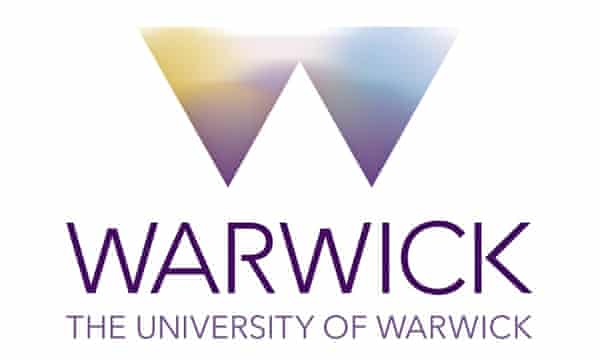University of Warwick: University of Warwick highlights the long struggle for scientific freedom in Ukraine
In a comment article in leading science journal, Nature, researchers at the University of Warwick highlight the long struggle for scientific freedom in Ukraine.
Historians Dr James Poskett, Associate Professor in the History of Science and Technology, and Dr Claire Shaw, Associate Professor in the History of Modern Russia, show how scientists in Ukraine have made major contributions to the advancement of knowledge over the past 150 years, despite scientists in Ukraine living under the Tsars and the Soviet Union often faced political oppression. Putin’s invasion is the latest in a long series of conflicts which have disrupted science in Ukraine.
From the Nobel Prize-winning biologist, Ilya Mechnikov, to the pioneer of computer networks, Victor Glushkov, it is often forgotten just how important Ukraine is for understanding the development of modern science.
Writing in Nature, Poskett and Shaw argue that the history of conflict in Ukraine has in fact produced a diverse scientific culture defined by resilience and creativity. Drawing on that culture, by investing in the people of Ukraine, will be crucial for rebuilding science in the country following the war.
Dr James Poskett, Associate Professor in the History of Science and Technology at the University of Warwick, said: “Outside of Ukraine, there is little awareness of just how important the country is for understanding the development of modern science. We wanted to highlight just some of the many contributions made by scientists in Ukraine over the past 150 years. But we also wanted to show how scientists in Ukraine have often had to fight for their freedom, whether that was under the Tsars or the Soviet Union, and now in the face of Putin’s invasion. That is partly why the stakes are so high in Ukraine. What happens next will once again define what ‘scientific freedom’ really means.”
Dr Claire Shaw, Associate Professor in the History of Modern Russia at the University of Warwick, said: “The impact of Russia’s invasion of Ukraine on the scientific world is significant, but it is not without precedent. As this article shows, Ukraine’s position in the borderlands of the Russian and Soviet empires has influenced its history and its science. Telling that history can help us to understand – and maybe even shape – the present.”

